The Long-Lasting Power of Lithium Iron Phosphate (LiFePO4) 100Ah Batteries: Why They’re Perfect for Off-Grid Adventures
Lithium iron phosphate (LiFePO4) 100Ah batteries are taking the spotlight in energy storage, especially for RVs, solar setups, and marine adventures. Known for their long lifespan, durability, and safety, these batteries outshine traditional lead-acid options and bring big power without big hassle. If you’re after a battery that’ll keep going without constant upkeep, LiFePO4 is the way to go!
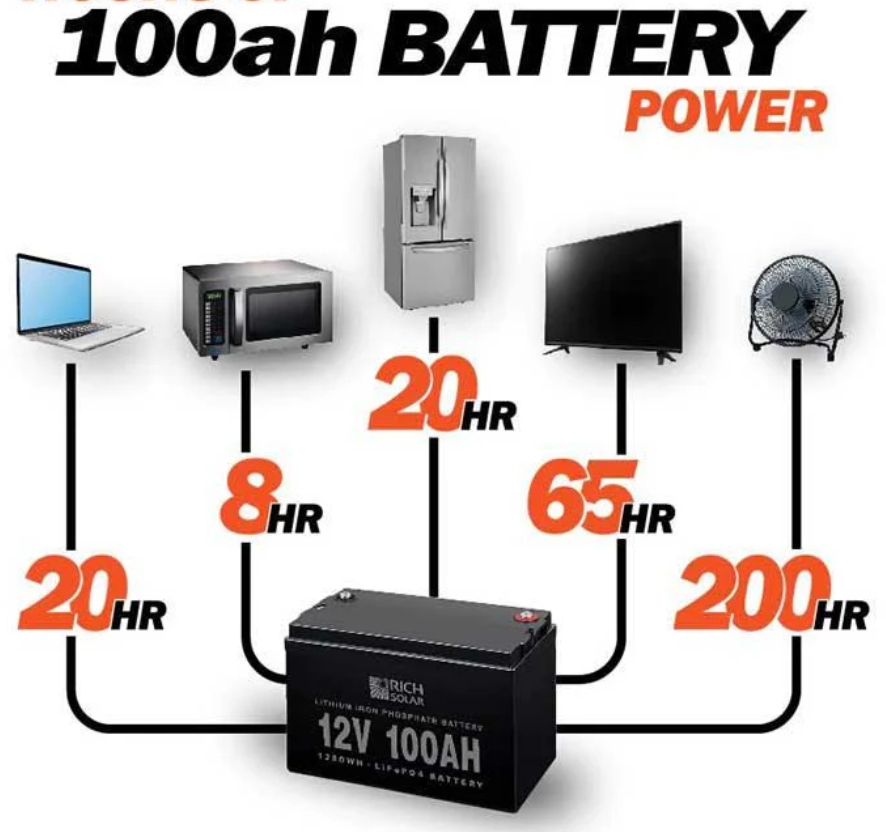
Why LiFePO4 Batteries are a Game-Changer
If you’re tired of constantly replacing batteries or dealing with heavy, maintenance-prone power sources, let’s talk about lithium iron phosphate (LiFePO4) batteries. With a typical capacity of 100Ah, these batteries are excellent for those who need reliable, long-lasting power—think RV enthusiasts, solar energy users, and marine voyagers.
Here’s why LiFePO4 100Ah batteries are worth the investment:
1. Impressive Cycle Life
A LiFePO4 battery can handle anywhere from 3,000 to 20,000 cycles—miles ahead of traditional lead-acid batteries, which max out around 1,000 cycles. This longevity means a well-cared-for LiFePO4 battery could last up to 10 years or more. In contrast, lead-acid batteries are usually ready for retirement by year five.
2. Safe and Stable Energy Storage
LiFePO4 batteries bring serious safety advantages. Unlike some lithium-ion options that come with overheating risks, LiFePO4 batteries are known for their thermal stability. They’re far less likely to overheat or cause safety incidents, which is especially important for applications in enclosed spaces like RVs or boats. Many models also come with built-in Battery Management Systems (BMS), which help monitor and regulate battery conditions to prevent overcharging, deep discharges, and other issues.
3. Minimal Maintenance, Big Performance
Lead-acid batteries need regular maintenance, including checking water levels and preventing sulfation, which can reduce their lifespan. LiFePO4 batteries, however, are low maintenance and typically keep their performance without much attention.
LiFePO4 vs. Lead-Acid and Other Lithium-Ion Batteries
Let’s break down how LiFePO4 stacks up against the alternatives:
Lead-Acid Batteries: Sure, they’re more affordable up-front, but you’ll spend time and money replacing them every 3-5 years. Lead-acid batteries have a limited depth of discharge (usually maxing out at 50%), which means you’re not getting full use out of their capacity.
Other Lithium-Ion Batteries: Compared to standard lithium-ion batteries, like lithium cobalt oxide (used in phones), LiFePO4 batteries last much longer and are more stable. Regular lithium-ion batteries tend to last only 2-3 years or around 500 to 1,500 cycles.
Factors That Affect Battery Lifespan
Temperature: LiFePO4 batteries work best between -20°C and 60°C. Consistent exposure to extreme temperatures can still degrade any battery’s life, so keeping your battery in a controlled environment whenever possible will help it last longer.
Depth of Discharge (DoD): Avoiding full discharge is key. Aim for keeping the DoD under 80% for LiFePO4 batteries; for lead-acid batteries, 50% is the safe limit.
Charging Speed: Charging LiFePO4 batteries at a slower rate rather than rapid charging is better for longevity. High discharge rates can lead to faster degradation, so for extended battery life, steady charging is the way to go.
Why Choose LiFePO4 100Ah?
If you’re seeking a battery that’s powerful, reliable, and virtually worry-free, a 100Ah LiFePO4 battery is an ideal choice. Whether you’re hitting the open road in your RV, going off-grid with solar panels, or navigating the waters, you can count on LiFePO4 to keep you powered up without the need for constant replacements.
LiFePO4 batteries are setting the bar high with their impressive cycle life, safety features, and minimal maintenance needs. They’re more than just a power source—they’re a long-term investment that pays off with years of reliable performance. So, if your adventures (or your appliances) need a power upgrade, it might be time to plug into the power of LiFePO4!


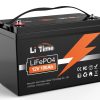

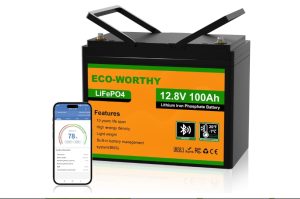
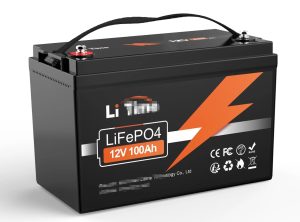
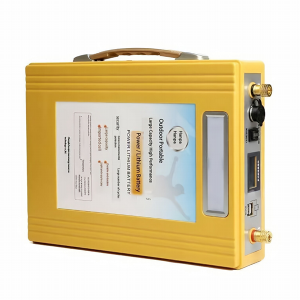
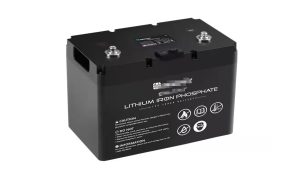
Add comment